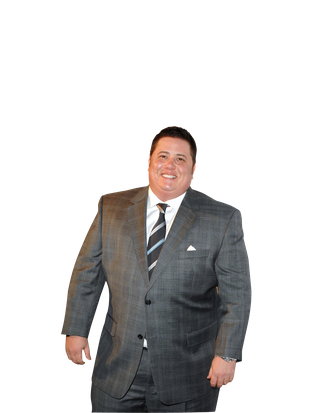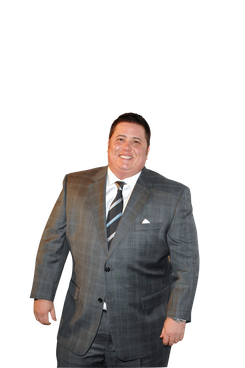

It’s hard enough to define yourself in the public eye when you’re the child of two famous parents, but it’s even harder when the body you’re born into feels like a cosmic mistake. That’s what Chaz Bono has been struggling with his whole life: Introduced to America as baby Chastity on The Sonny and Cher Comedy Hour, Bono was eventually outed by the tabloids as a lesbian, but it wasn’t until recently that Bono came to terms with the fact that he was actually transgender. Tonight, OWN will air Becoming Chaz, a documentary that chronicles Bono’s transition, a subject also dealt with in Bono’s new book, Transition: The Story of How I Became a Man. He rang up Vulture to discuss his life changes and clarify his physical admiration for a certain star of The Shield.
In the documentary, you seem very calm about the entire transition, even when you had the operation to have your breasts removed. Were there times when you felt emotional?
No, I was really calm throughout the whole process. For me, the hard part of it and the work and the struggle happened before I started my transition. Once I was finally able to overcome any fears that I had and become really comfortable with the idea, I developed this real faith and certainty that this was what I was supposed to do, and no matter what happened, I was going to be okay and taken care of. Once I got to that place and knew it was the right decision, it was just a pleasure.
How do you feel like your personality has changed since then?
The core of my personality really hasn’t changed. I think I’m just a better me — I have more confidence, I’m more outgoing, and life has become so much easier. There’s a grounded feeling about me that I just didn’t have before.
Did your time working at GLAAD make you a little bit savvier about how to navigate the media during and after your transition?
I think it probably helped a lot. The first thing that really helped was getting outed [as a lesbian by the tabloids] the first time around, because I really learned what not to do — then, while I was at GLAAD, I think I learned how to use the media to my advantage more.
What did that first outing teach you?
I think I learned that trying to hide something is the wrong thing to do. The more you’re afraid of something and the more you try to hide it, it’s like the tabloids can sniff it out. It’s like blood in the water to them. The better thing to do is get out in front of the story and own it.
Had you not been in the public eye, do you think you would have transitioned earlier?
I would have, yeah. The thing that really delayed it is the fact that I had to do it publicly, really not knowing how that would affect my life and also really feeling a responsibility toward how it would affect my family’s lives as well.
Have you run into Michael Chiklis since you brought him up as your physical ideal?
I haven’t. I kind of feel bad about it! [The directors] were doing a sit-down interview and they asked me what kind of body type I’d like to have, and I said, “Oh, Michael Chiklis — he’s kind of stocky, but he’s got a nice build. I’d like something like that, because I’m never going to be like Brad Pitt.” And now it’s everywhere! So I hope that I didn’t offend him. I was a big fan of The Shield and his work. I did the same thing in my first book, where I talked about having a crush on Kate Jackson as a kid. She was a good friend of my mom’s, and it just went viral.
I would hope they’d be flattered by it.
I think Kate was a little freaked out! It was kind of a drag, because we were really tight when I was a kid. You never know with people.
There were rumors that at one point, you were pitching to networks a reality show that would chronicle your transition. Can you tell me about that?
I can’t comment on that. But I will tell you this: I wasn’t ever really looking to chronicle the transition in a “reality show” kind of way. I wanted to document it as a documentary, and whether that documentary was broken up and shown in parts or put all together in a movie, it was always about it being a documentary and not a reality show. That I can say.
What do you think is the main issue for the trans community right now?
I think at the forefront of all this is the Employment Non-Discrimination Act, for the whole community, with trans inclusiveness. I feel like as far as the media coverage [ENDA has gotten], it’s taken a backburner to sexier issues like don’t ask, don’t tell and marriage equality, both of which I think are important issues, but I still feel that ENDA affects the entire LGBT community. It’s really a silly argument [to leave out trans protection], because the people who are going to be against ENDA are going to be against it whether transgender people are included or not. I think those people probably don’t even know the difference between “gay” and “transgender,” so I find it really hard to think that they are getting people who will vote for it, but only if they keep transgenders out of it.
You’ve often had to shoulder a lot of responsibility in your life — you delayed transitioning because you had famous parents, you spoke on behalf of the gay community when you were at GLAAD, and now you’re the trans community’s most famous face. Is it ever too much to deal with?
No, because I don’t really think of it as that. I have an activist soul, I guess, so if I can effect change for the things I care about and make them better, I want to do that. It never feels like a burden.




